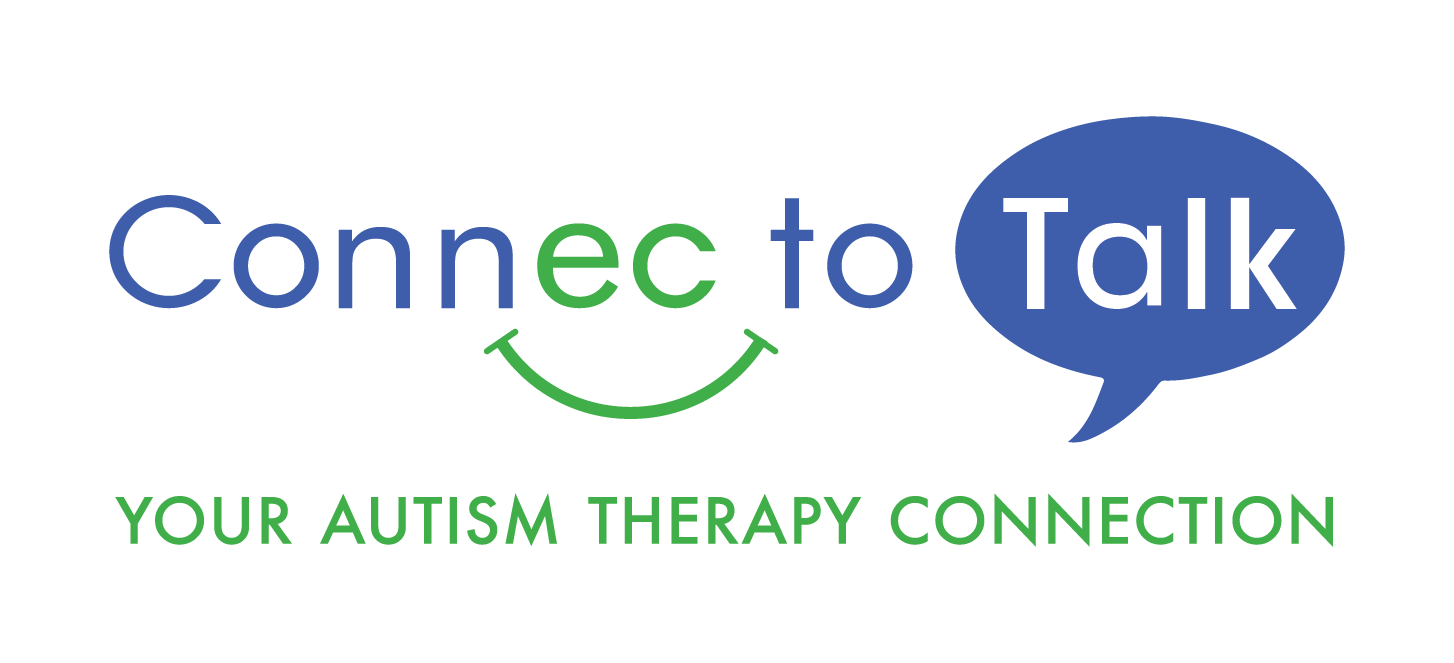![Exploring Barriers to Autism Diagnosis for Black Families During Black History Month, we recognize the remarkable cultural and societal contributions made by Black individuals. To truly honor the significance of these achievements, it is critical that we acknowledge the systemic injustices regularly faced by Black Americans. Prejudice within the American healthcare system continues to be a major barrier to Black Americans receiving equitable […]](https://connec-to-talk.com/wp-content/uploads/2023/07/Connec-to-Talk-Website-Mockup.jpg)
During Black History Month, we recognize the remarkable cultural and societal contributions made by Black individuals. To truly honor the significance of these achievements, it is critical that we acknowledge the systemic injustices regularly faced by Black Americans. Prejudice within the American healthcare system continues to be a major barrier to Black Americans receiving equitable care. This month, Connec-to-Talk is exploring how implicit biases in the medical field hinder access to autism assessments for qualifying children. This is an opportunity to educate ourselves on how autism may present in black children so that we can better serve all children.
As the parents of our clients know, there can be multiple steps involved in securing an autism assessment and subsequent diagnosis for a child. Not just any pediatrician or doctor is qualified to make the determination. Typically, a child’s primary care doctor will assess the child and review parental concerns regarding development. Pending their own assessment, a doctor may then recommend the child receive additional evaluation by a qualified professional, i.e. a developmental pediatrician, a psychologist, a specialized psychiatrist, or neurologist.
It’s important to note that much of the founding research on autism was done primarily on white male children. This has historically put black children at an extreme disadvantage. Most medical providers receive limited training on autism in school and many may still be operating under the impression that autism primarily impacts white boys. Recent studies, such as Weitlauf A.S. et al., support this theory. Black parents are often met with dismissive attitudes from medical professionals, if not overt racism, when advocating for their children. Whereas a white autistic boy may be seen as struggling or requiring support, a black autistic boy demonstrating the same behaviors may be labeled as “a trouble maker,” “misbehaved” or an “interrupter.” In these instances, very few of these black families make it past their primary care doctor following their first request for help.
Many black parents cite that current evaluatory standards may be skewed towards white children, particularly white boys. This is problematic because black families are already needing to make more requests than white parents to even be considered for an evaluation. In the study conducted by Weitlauf A.S. et al., several families reported that the evaluations did not include activities or toys relevant to black culture. Not assessing a child from a culturally inclusive lens hinders a clinician’s ability to make an accurate determination.
The delay in diagnosis for black children clearly speaks to racial bias. According to Broder-Fingert et al., black children will typically receive a valid autism diagnosis three years later than their white peers. In those missed years, black children are often critically judged to have conduct issues rather than legitimate support needs. As an ABA provider, Connec-to-Talk strongly believes in the value of starting services as early as possible. Multi-year delays in diagnosis impede behavioral progress for deserving black children.
There are resources available for black parents of autistic or suspected autistic children. Autism in Black is an advocacy group seeking to reduce stigmas surrounding autism in the black community. The Color of Autism Foundation looks to provide families with autistic children, “culturally competent support.” The autism field needs significant improvement with regards to cultural inclusivity. Struggling black children deserve equal care and to have their support needs met.
Sources:
- Weitlauf A.S. et al. J. Autism Dev. Disord. (2024) Screening, Diagnosis, and Intervention for Autism: Experiences of Black and Multiracial Families Seeking Care – PubMed
- Broder-Fingert et al.Structural Racism and Autism. Pediatrics, (2020).Structural Racism and Autism | Pediatrics | American Academy of Pediatrics
Resources:



Leave a Reply